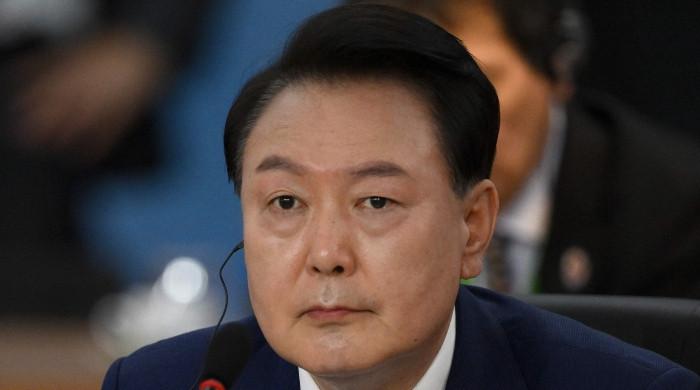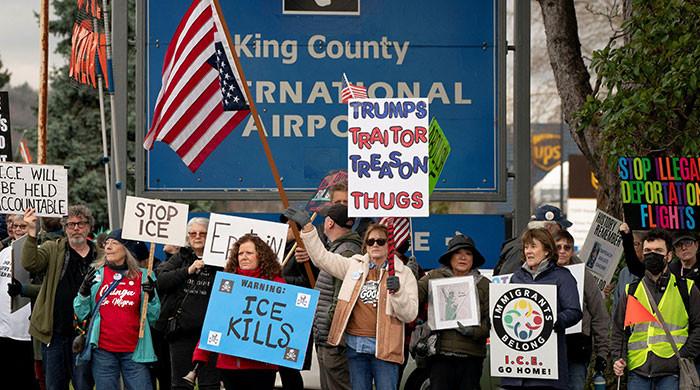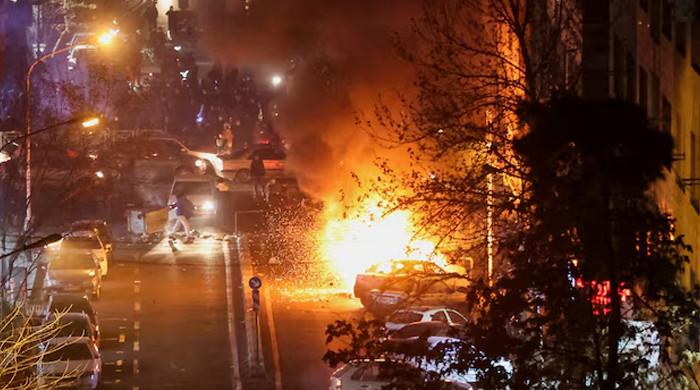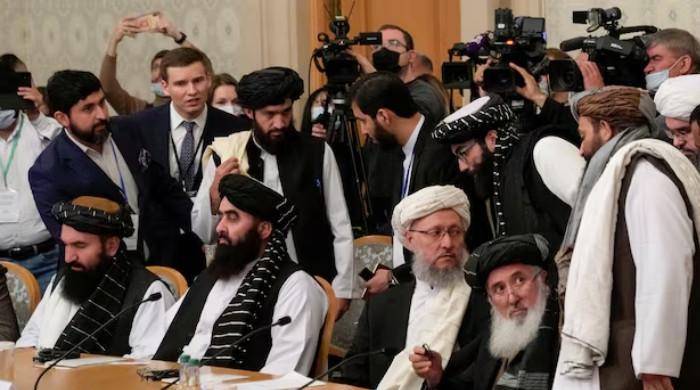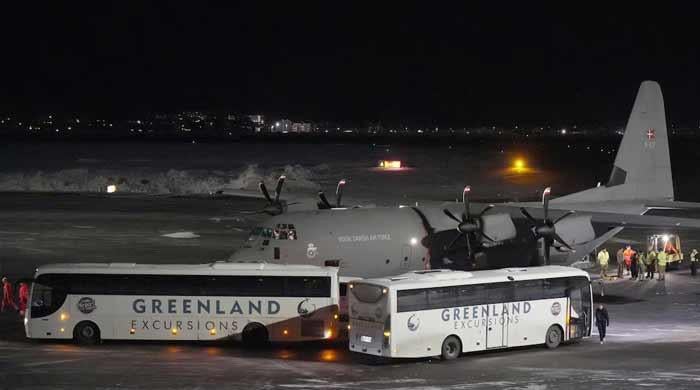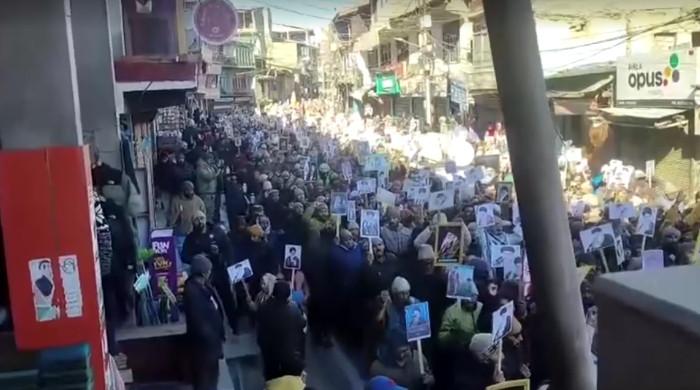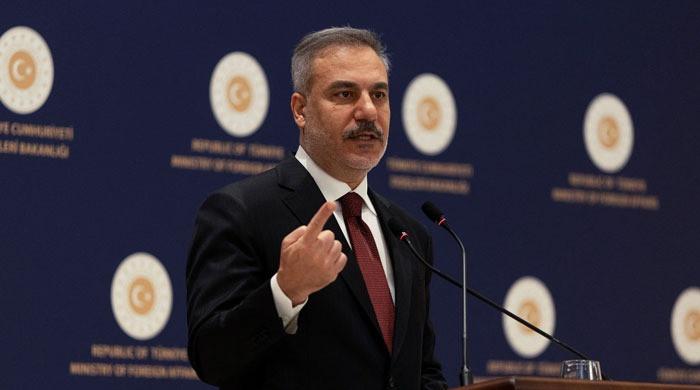Hardeep Singh Nijjar: Sikh separatist whose murder sparked India-Canada row
Sikh activist Hardeep Singh Nijjar was a long-time campaigner for a separate homeland for people of his faith
October 15, 2024
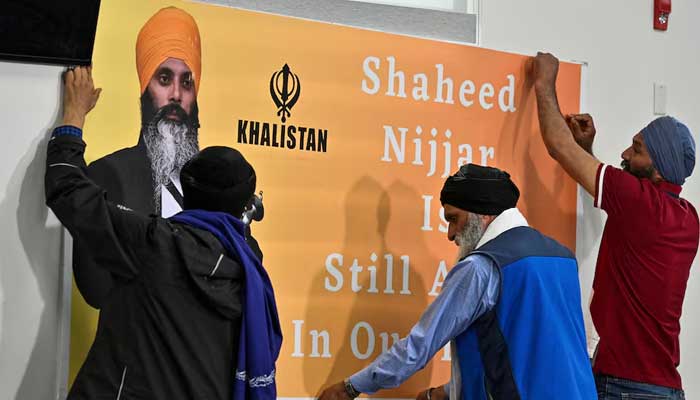
NEW DELHI: Sikh activist Hardeep Singh Nijjar, whose murder in June 2023 near his home in Vancouver sparked a diplomatic storm between India and Canada, was a long-time campaigner for a separate homeland for people of his faith.
Nijjar was shot dead aged 45 by masked gunmen outside the temple he presided over after being wanted by Indian authorities for alleged terrorism offences and conspiracy to commit murder — accusations he denied.
India has called allegations it was involved in his assassination "absurd".
Born in 1977 in India's Punjab state, Nijjar grew up during a violent insurgency that ended in the late 1990s with extremists seeking to carve out a Sikh nation known as Khalistan.
Punjab is the spiritual heartland of Sikhs, where nearly 60% of the population follow the religion.
Settled in Canada
In 1997, aged around 20, Nijjar arrived in Canada, home to around 770,000 Sikhs — about 2% of the country's population and the biggest Sikh community outside India.
He became a Canadian citizen in 2015, running a plumbing business as well as being president of a Sikh temple near his home in Surrey, British Columbia.
But he also became involved with groups campaigning for a Sikh homeland.
Nijjar was reportedly involved in staging referendums for Sikhs in Canada, to demonstrate their support for Khalistan.
New Delhi accused him of sponsoring attacks and killings back in India.
News outlet India Today said Nijjar had been accused of involvement in a 2007 bombing that killed six people and injured 42 others in the city of Ludhiana in Punjab.
India designated him a "terrorist", and offered a reward of INR1 million ($12,000) for information leading to his arrest.
New Delhi has often complained to foreign governments, including Canada, about the activities of Sikh hardliners in the diaspora. It claims they are trying to revive the insurgency in Punjab.
Canadian Prime Minister Justin Trudeau visited Punjab in 2018, where the state's chief minister demanded action against Nijjar and eight other Sikh separatist leaders.
The World Sikh Organisation of Canada said he had been warned by Ottawa's spy agency about threats against him.
Members of Canada's Sikh community accused India of carrying out the killing.
In September 2023, Trudeau told parliament his government had "credible allegations" linking Indian agents to Nijjar's murder.
Both countries have traded barbs since then, culminating with the expulsions Monday of each other's ambassadors and five other top diplomats in both countries.




